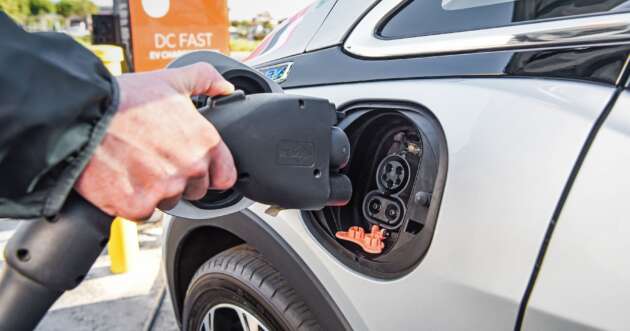Thailand approves tax incentives to lure EV production
Governments across ASEAN are battling it out for foreign investment, and even better if it’s in sectors that are viewed as future. Electric cars are certainly in that category.
Indonesia, which has reserves of elements needed to make EV batteries, has made moves to promote EVs, and is even talking to Tesla regarding potential investment. Toyota has already stated its plan to making EVs in the republic, while Hyundai and LG Chem are mulling a battery plant in the region’s biggest country. Even Singapore is in on the act, with Hyundai setting up an EV lab and factory there.
Thailand, the original regional production hub for carmakers, has had early success in luring carmakers to its sunny shores – small eco cars and pick-up trucks are made there for global export. But the Detroit of the East doesn’t want to be left out of the EV gold rush, so it’s now rolling out fresh incentives for manufactures to set up shop there.
Thailand’s Board of Investment (BoI) chaired by PM Prayut Chan-o-cha has approved a new privilege package for EV makers following the expiration of the previous package in 2018. The Bangkok Post reports that the new deal includes a three-year tax holiday for manufacturers of plug-in hybrid vehicles and a maximum eight-year corporate income tax waiver for makers of full EVs.
This is part of the country’s wider 2030 EV roadmap, which is targeting EVs to account for 30% of total annual car production – or 750,000 units out of 2.5 million – by 2030. Our neighbour will also lower taxes to boost local demand for CKD EVs.
BoI secretary-general Duangjai Asawachintachit said the new package covers all major aspects of the supply chain, including parts, commercial vehicles of all sizes and even ships. For four-wheeled full EVs, those investing a minimum of five billion baht will get an eight-year corporate income tax exemption, with additional privileges if they invest in R&D. Companies investing less than five billion baht will be entitled to a three-year tax holiday, with additional privileges for specific targets.
Thailand’s BoI is also adding four more parts to the list of significant EV parts eligible for incentives, including high-voltage harnesses, reduction gears, battery cooling systems and regenerative braking systems. Makers of these four items will receive eight years of corporate tax exemption.
Last but not least, to promote production of EV battery modules and cells, Thailand will grant a 90% reduction in import duties for two years for raw material not found locally, partly removing one hurdle as these essential ingredients aren’t commonly available. Indonesia is said to be an attractive location for EV battery manufacturing due to its status as a major producer of nickel, which is a key component in EV batteries.
The post Thailand approves tax incentives to lure EV production appeared first on Paul Tan's Automotive News.
from Paul Tan's Automotive News
Read The Rest:paultan...





Post a Comment